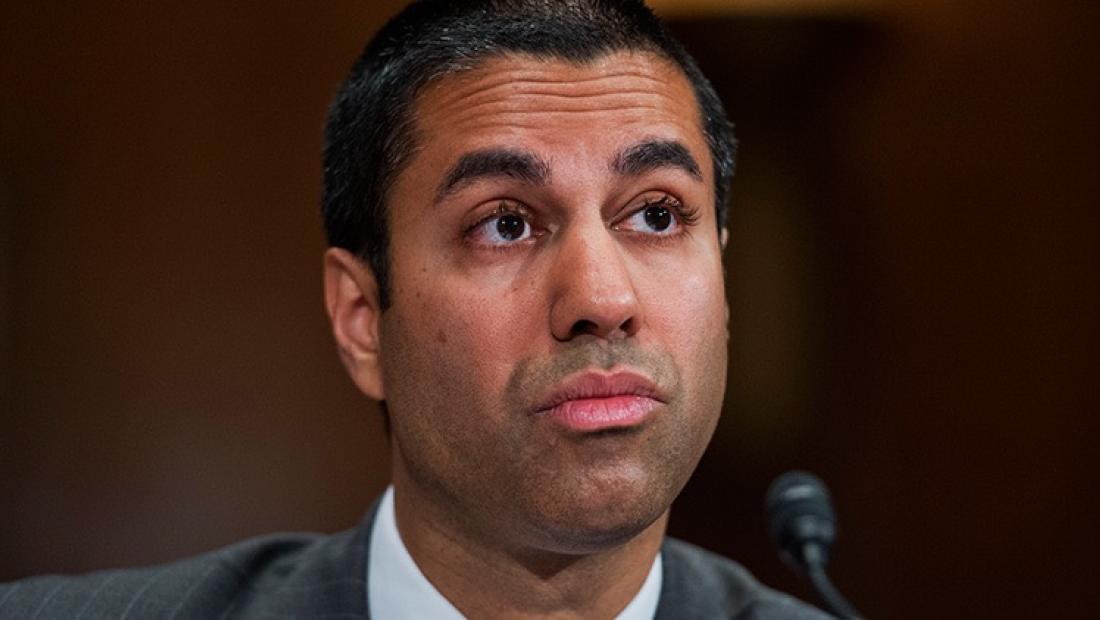FCC's Pai Praises NAB/Microsoft Progress Toward Consensus

The smarter way to stay on top of broadcasting and cable industry. Sign up below
You are now subscribed
Your newsletter sign-up was successful
FCC chair Ajit Pai suggested this week that the FCC is awaiting consensus among broadcasters and Microsoft before moving ahead with a proposal on freeing up the "white spaces" between and around post-incentive auction repacked TV channels for wireless broadband.
That came in an FCC oversight hearing in the House Communications Subcommittee, where he said he hoped to bring the new white spaces regime to reality soon.
He was asked by Rep. Morgan Griffith (R-Va.) about the status of the white spaces "experiment," who said that probably every part of his district has such white spaces.
Pai said he had seen the promise of white spaces technology in places like South Boston, Va., a town in rural southern Virginia,
The chairman said there had been a lot of "tricky" technical issues and policy issues the commission had been hammering out (a number of them involving how to use that spectrum without interfering with licensed broadcast transmissions nearby).
The FCC in March resolved a number of petitions to reconsider the remote sensing database works, which is how unlicensed mobile devices can use the spectrum without--hopefully--interfering with TV station signals. So far broadcasters have questioned the efficacy of that process.
The FCC is permitting the use of white space devices (notably computers), both fixed and mobile, in unused channels, ch. 37, guard bands between broadcast and wireless spectrum and between uplink and downlink spectrum in the 600 MHz band--which they are sharing after the incentive auction.
It is part of the FCC's focus on freeing up more spectrum for advanced wireless and closing the rural digital divide, which computer companies argue "white spaces" play a key role.
Pai praised Microsoft, the prime mover behind a white spaces rural broadband project, and the National Association of Broadcasters, who have agreed on a number of outstanding issues, though not on Microsoft's desire to use adjacent channels, which NAB has argued is too close for comfort.
"If there is a consensus that allows us to move forward, we would like to do so," he said, though he could not provide a timeline.
The smarter way to stay on top of broadcasting and cable industry. Sign up below
Contributing editor John Eggerton has been an editor and/or writer on media regulation, legislation and policy for over four decades, including covering the FCC, FTC, Congress, the major media trade associations, and the federal courts. In addition to Multichannel News and Broadcasting + Cable, his work has appeared in Radio World, TV Technology, TV Fax, This Week in Consumer Electronics, Variety and the Encyclopedia Britannica.

